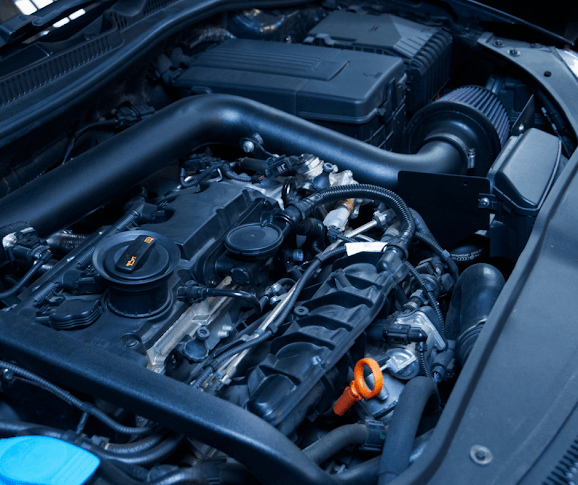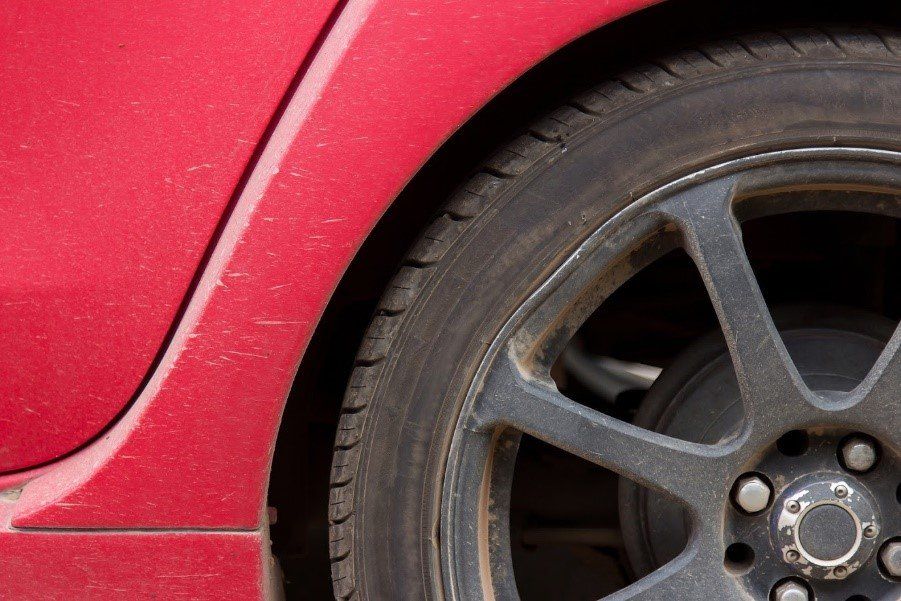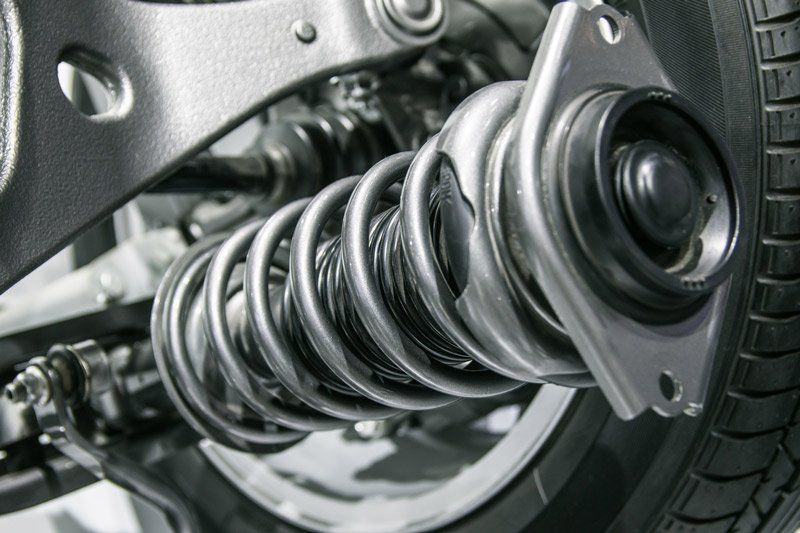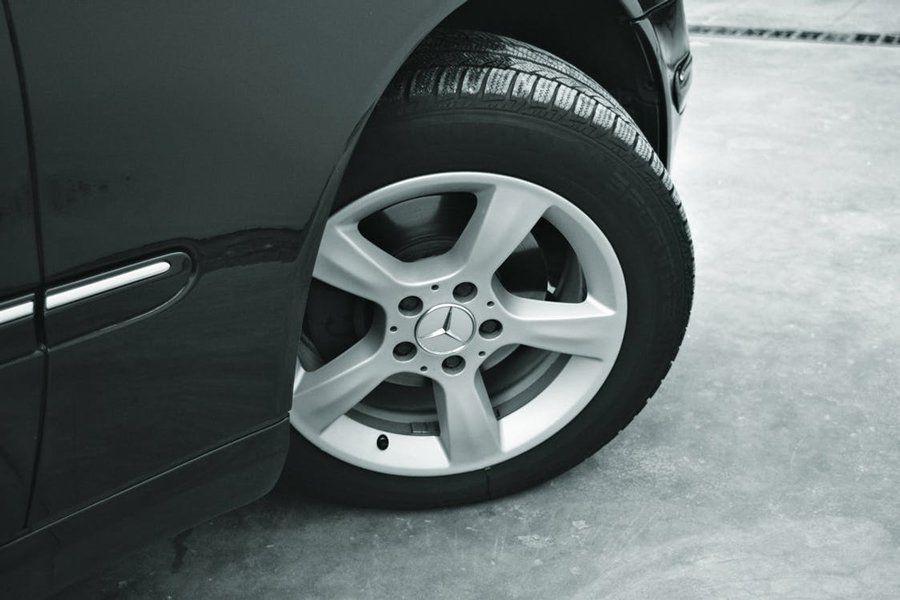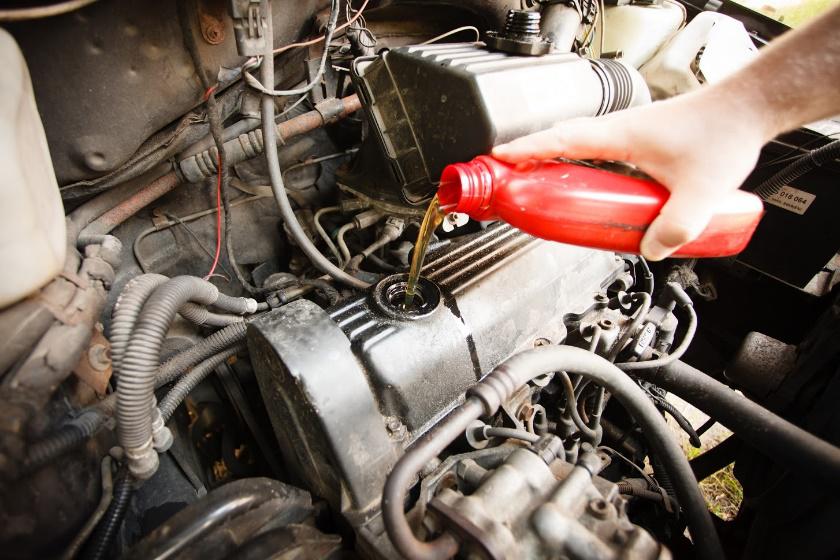4520 Hillsborough Rd, Durham NC 27705, USA
Why Is Your Check Engine Light On? What You Need to Know
- By Admin
- •
- 06 Nov, 2019
- •
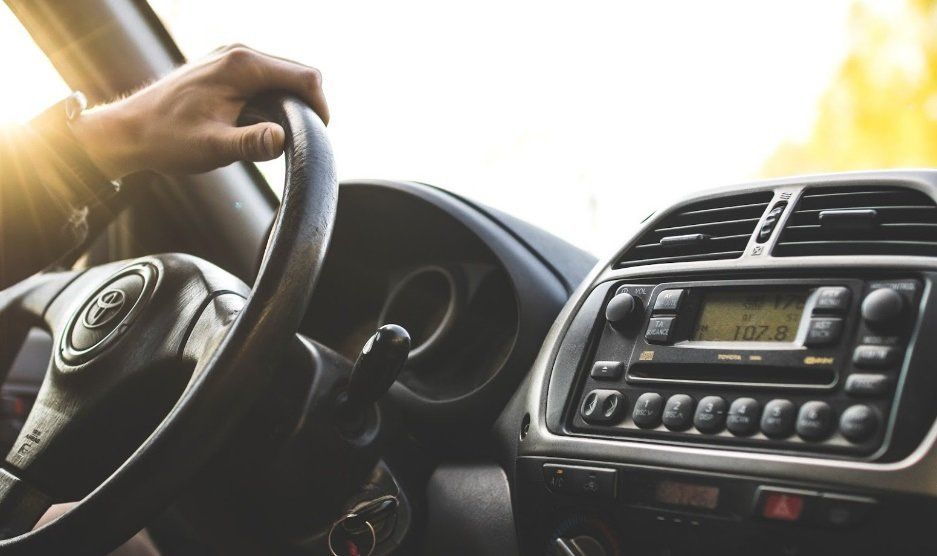
The check engine light in your car is more than just an annoyance. The light signals that there is some sort of problem with your vehicle. If you ignore the warning light, you could find yourself stranded at any time. The check engine light illuminates for a variety of reasons, and you may have difficulty nailing down the exact reason without professional assistance.
Narrowing down the possible issues can help you ward off any major breakdowns in your future. The following are some common causes for your check engine light to appear on your dashboard.
Your Gas Cap Is Loose
Oddly enough, your problem may be a simple loose gas cap. A gas cap that is loose is one of the most common issues that cause the check engine light to come on. The gas cap is an important part of the fuel delivery system. The primary function of the gas cap is to prevent the leak of gas fumes from the gas tank and to maintain the tank's pressure.
The Oxygen Sensor Failed
The oxygen sensor, also known as the O2 sensor, measures the unburnt oxygen within the vehicle's exhaust system. The goal of the sensor is to transmit data to the computer system. The data regulates the combination of air and fuel that moves into the cylinders.
A car will continue to operate even if the O2 sensor is bad, but it will use more gasoline than necessary. Over time, a bad O2 sensor will damage the spark plugs, the catalytic converter, and other important components of the vehicle.
The Catalytic Converter Failed
The catalytic converter is part of the vehicle's exhaust system. This part converts carbon monoxide into carbon dioxide during the combustion process. A failed catalytic converter is rare, but it can malfunction. Thankfully, a replacement is a fairly easy task.
However, if you do routine maintenance on your vehicle, such as oil changes and fuel filter changes, you should not have this problem. If you only drive short distances, consider taking your vehicle out on a long drive every now and then. Doing so will help prevent any clogs in the catalytic converter.
The Spark Plug Wires Are Bad
A spark plug wire moves electricity from the ignition coil to the spark plug. If the wires do not work, the fuel and air inside the cylinders will not ignite. Some ways to know if the spark plug wires are bad are if the car is rough while it is in an idle position, if you have lower gas mileage, or if your engine performance declines.
You Installed an Aftermarket Alarm System
Although it does not seem like an alarm system would correlate with the check engine light, the alarm can do some damage if you do not install it properly. The alarm can use up the entire battery capacity, cause the check engine light to appear, or prevent the car from starting at all.
If you notice problems with your aftermarket alarm system, you need to explore the issue. The alarm either needs to be repaired, adjusted, or replaced altogether.
Your Vacuum System Is Leaking
All vehicles have a vacuum system. The vacuum system completes a variety of tasks, such as controlling the brake booster and preventing the leak of emissions. If your car starts to idle then suddenly surges, you may have a vacuum leak.
Over time, vacuum hoses can develop cracks as they dry out and age. The cause can also be attributed to loose connections and cracked fittings.
Fortunately, these issues are relatively easy and inexpensive to fix. If your check engine light comes on and you do not know why, be sure to visit us at Euroclassics LTD.



